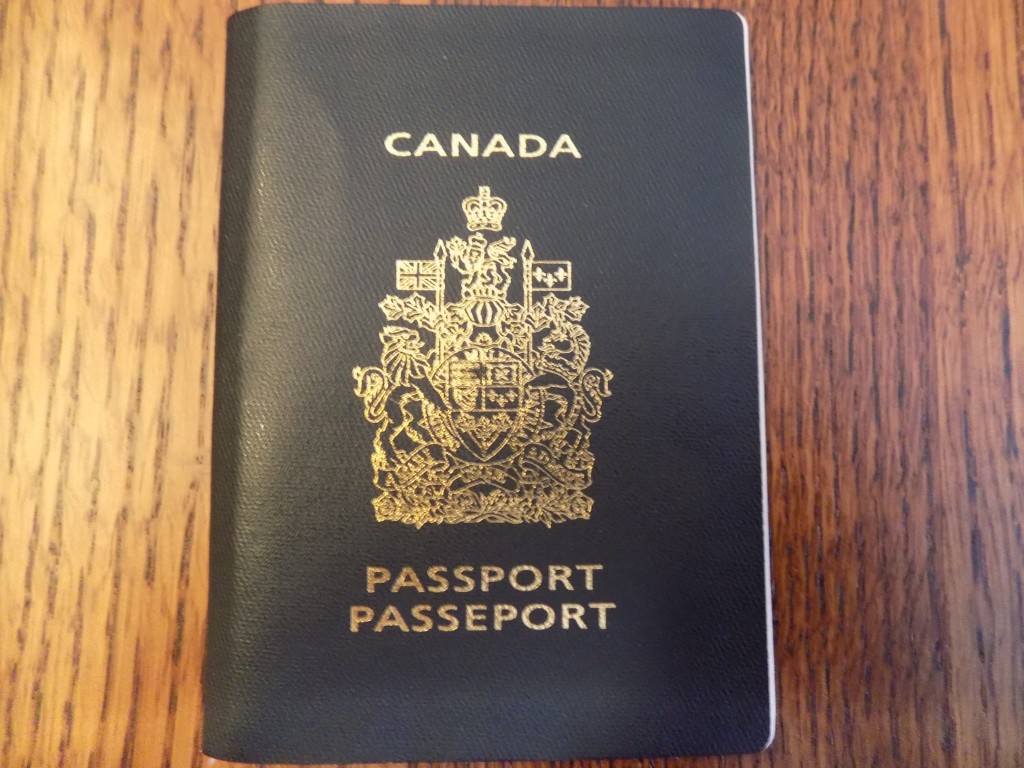Beyond the Border could mean faster crossing for Canadians and Americans

Canadians and Americans need passports to enter each other’s countries, but Beyond the Border is supposed to increase preclearance of customs. Photo: James Morgan
Crossing the Canada-U.S. border isn’t usually that big of an ordeal. In our region, there often isn’t too much traffic, and if there is—it moves quickly. Most people crossing the big imaginary line around here are tourists, shoppers, or folks going to visit friends and family. And, major incidents are very rare along our section of the border too. Those things aside, it’s still a border and that presents various economic and security challenges, sometimes causing bureaucratic slowness in moving goods and people.
In 2011, the Canadian and US governments began the Beyond the Border process with the intent of reducing bureaucracy. For the average traveler, that included working towards increased preclearance before crossing the border, not once it’s been crossed. It’s an ironic move considering how for several years, Americans and Canadians have had to show a passport to enter each other’s countries.
In Washington, Congress just passed a bill that will make increased preclearance possible. We’ve already had it in Canada for several years at major airports in Toronto and Montreal. There are U.S. Customs and Border Protection officers stationed at these airports. Travelers headed to the states clear customs before getting on the plane. The bill just passed by Congress makes it possible to expand preclearance services to rail and bus travel, and even possibly—private cars in the future.
One group of travelers that crosses the border very frequently are retired Canadians, most of whom are heading to Florida, Arizona, or any other part of the U.S. where the weather is better than Canada in the winter. Wanda Morris, the Vice President of Advocacy for the Canadian Association of Retired Persons (CARP) said expanded preclearance would be much less stressful for older travelers heading south. “It can be very stressful to have to stand in a long line.” she said.
A bill to expand preclearance and to make entering Canada faster for American visitors will soon be introduced in the Canadian Parliament. The Auditor General, who scrutinizes the efficiency and effectiveness of government operations, criticized the Department of Public Safety in a recent report for not moving quickly enough on implementing Beyond the Border plans and for not even meeting its own targets for the program. Public Safety Minister Ralph Goodale’s counter argument was that many accomplishments to improve border crossing efficiency have been made over the past year, he just didn’t go into any specifics about what they were. Of course, Canada was waiting for the American border legislation to be passed, and the machinery of government in Washington probably moves as slowly as it often does in Ottawa. It’s also the Auditor General’s job to come up with things the government is doing poorly and recommend what can be done better.
In eastern Ontario, southern Quebec, and the North Country, the border is just a fact of local life to us. We don’t have much control though over how efficiently (or inefficiently) the flow of goods and people across it operates though. When it comes to those things, we’re at the mercy of decision makers in Ottawa and Washington.







